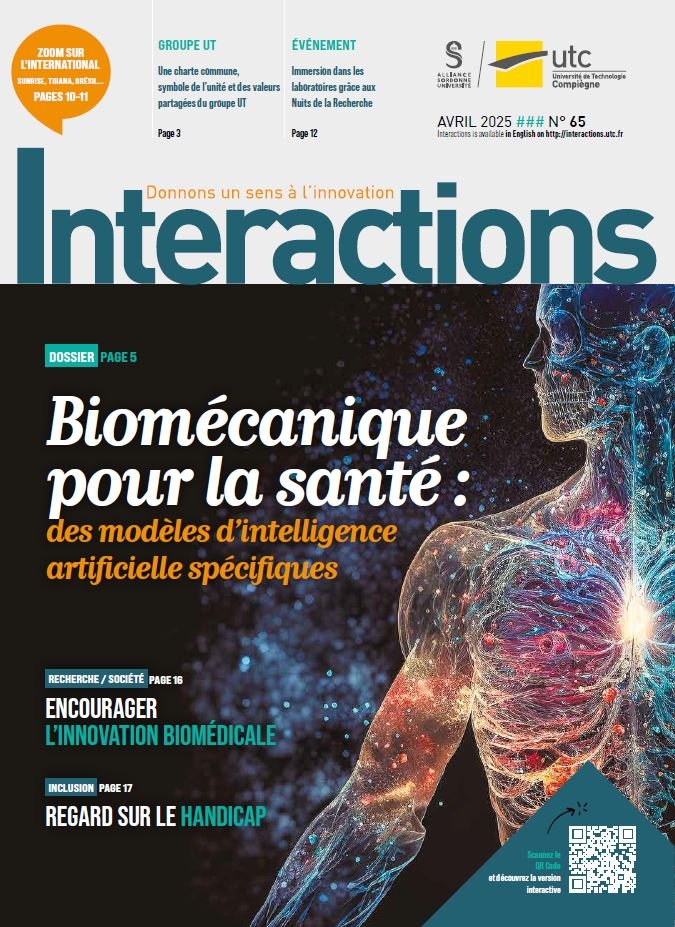For an ecological reconversion

Professor Dominique Méda is a sociologist and philosopher, Chair of Sociology at the University of Paris-Dauphine, where she directs the Institute for Interdisciplinary Research in Social Sciences (IRISSO), a joint CNRS unit. She gave the second inaugural lecture at the UTC on September 2, 2020.
Labour sector issues are familiar to her, since in her earlier career, Dominique Méda was initially Inspector General of Social Affairs, the controlling body of the Ministry of Labour and Social Affairs. She then worked for 15 years as head of research at the Directorate for the Coordination of Research, Studies and Statistics (DARES) in the same ministry and as Director of Research at the Centre for Employment Studies.
Why and what initiated this interest? “In the early 1990s, the dominant discourse emphasised the exclusive importance of work. Work was seen as an essential and structuring activity for individuals: I wanted to understand the genesis and causes of such a valuation of work and its central place in our society,” she explains. This interest led her to undertake philosophical research, and to write her first book in 1995: Le travail, une valeur en voie de disparition? [Is work losing ground?] (published by Flammarion). “I wanted to understand philosophically how work came to be recognised as the central social activity. My proof here? In the GDP, only work is taken into account and political, family, domestic and leisure activities are completely ignored,” she adds.
An interest that has also led her to do research in the sociological field. “By conducting field surveys in France, I have shown that work is indeed a central value for people. I would even say that they have a “pathological” relationship with work, unlike the Nordic people, for example, who, while respecting work, consider that their other activities — family, leisure, civic commitment — are every bit as important”, says Dominique Méda.
An interest that has also led her to question the relevance of the “fetishisation” of GDP as measured and to relativize its relevance. “We need to pay attention to other indicators, two of which are, in my opinion, major. The first is the carbon footprint, the reduction of which is our absolute challenge faced with climate change. The second is the indicator of social cohesion. A social health index that measures the degree of inequality in a society,” she points out. An interest that has finally led her, even more so as the Covid-19 health crisis developed, to advocate a total paradigm shift in the way our societies function. “Our societies must embark on a genuine “ecological reconversion” in which it will no longer be a question of promoting the biggest GDP, or the biggest profits, but of satisfying the social needs of all. An ecological reconversion which, moreover, should create many jobs”, concludes Dominique Méda.




